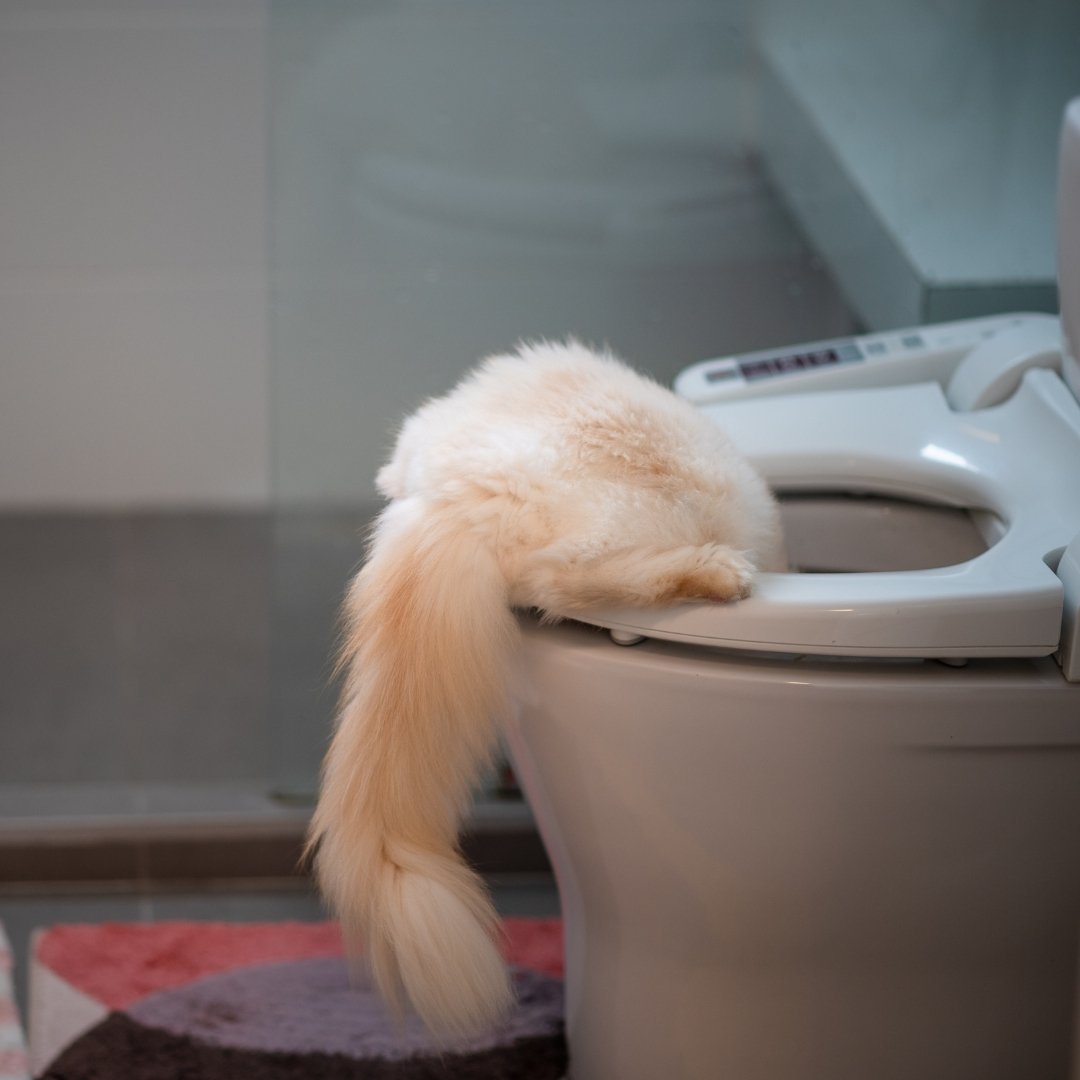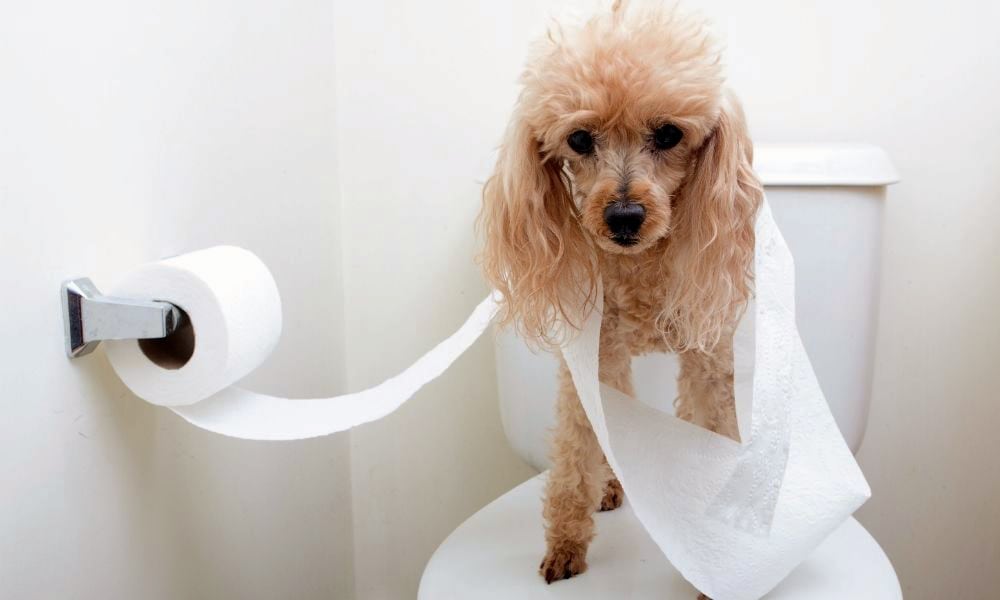Have you been interested in facts involving Should you flush animal waste down the toilet?

When it pertains to throwing away waste, especially animal waste, lots of people typically consider the convenient choice of flushing it down the bathroom. However, this seemingly simple solution can have severe effects for the environment and public health. In this short article, we'll check out why flushing pet waste down the commode is a negative concept and offer alternative methods for appropriate disposal.
Introduction
Proper garbage disposal is essential for maintaining ecological sustainability and public health. While it might appear safe to purge animal waste down the bathroom, it can result in numerous concerns, both for the atmosphere and human wellness.
Risks of flushing pet waste
Ecological impact
Purging pet waste introduces unsafe germs and virus right into rivers, which can adversely influence marine ecosystems. These microorganisms can contaminate water sources and injury aquatic life, interrupting delicate ecological communities.
Public health concerns
Pet waste contains damaging germs such as E. coli and Salmonella, which can position serious wellness threats to people. Purging animal waste down the commode can pollute water materials, causing the spread of diseases and infections.
Alternatives to flushing
Rather than flushing animal waste down the commode, there are several different disposal methods that are much more eco-friendly and sanitary.
Composting
Composting animal waste is a green way to throw away it. By composting, organic matter is broken down right check here into nutrient-rich dirt, which can be made use of to feed yards and plants.
Garbage dump disposal
Disposing of pet waste in a land fill is another choice. While not as eco-friendly as composting, it is a much safer alternative to flushing, as it prevents the contamination of water sources.
Animal waste disposal systems
There are specific family pet garbage disposal systems available that safely and hygienically deal with animal waste. These systems often make use of enzymes to break down waste and get rid of odors.
Actions to appropriate pet waste disposal
To ensure proper disposal of pet waste, comply with these actions:
Scooping and nabbing waste
Routinely scoop and bag pet waste utilizing biodegradable bags. This stops waste from infecting the environment.
Utilizing designated waste bins
Dispose of bagged animal waste in marked waste bins, such as compost containers or land fill containers. Prevent flushing it down the bathroom in all costs.
Cleaning litter boxes and pet dog locations frequently
Consistently tidy can and pet dog locations to avoid the accumulation of waste and germs. Use pet-safe cleaning items to keep health.
Benefits of proper disposal methods
Taking on correct disposal approaches for pet waste provides several advantages:
Lowered environmental pollution
Correct disposal techniques reduce the risk of environmental pollution, safeguarding rivers and ecosystems from contamination
Decreased threat of water contamination.
By preventing flushing pet waste down the bathroom, the threat of water contamination is substantially reduced, securing public health.
Improved cleanliness and health
Correct disposal methods promote better cleanliness and health, developing a safer environment for both people and pets.
Verdict
Finally, flushing animal waste down the toilet is damaging to the setting and public health. By adopting alternative disposal methods and following proper waste management practices, we can minimize the adverse influence of pet waste and contribute to a cleaner, healthier planet.
What To Do With Dog Poo – The Do's And Don'ts Of Disposing Of Faeces
Dog poo bins
Some councils provide dedicated dog waste bins in popular dog-walking areas that can take dog poo that has been bagged but you can legally dispose of dog waste in any public litter bin, as long as it is securely bagged. This also applies to your wheelie bin at home.
Do not flush
Water companies do not recommend flushing dog faeces down the toilet because certain parasites can survive the water processing treatment and are potentially harmful to humans. You should also never consider flushing dog poo that has been bagged down the toilet as the bags will not break down and instead create severe blockages in the sewage system.
In the woods
The Forestry Commission promotes a ‘stick and flick’ method for dealing with waste in the woods. This means finding a stick and using it to flick any poo from off the path so that it is out of the way of other walkers. You could also bury it as long as it is not in an area where there might be livestock.
Livestock
Parasites found in dog poo can be transmitted to livestock if they inadvertently eat infected faeces that has been left on grazing land. This could result in the death of sheep or abortion in cattle so you should always make sure you pick up your dog’s waste in fields where livestock could be present.

Consistently tidy can and pet dog locations to avoid the accumulation of waste and germs. Use pet-safe cleaning items to keep health.
Benefits of proper disposal methods
Taking on correct disposal approaches for pet waste provides several advantages:
Lowered environmental pollution
Correct disposal techniques reduce the risk of environmental pollution, safeguarding rivers and ecosystems from contamination
Decreased threat of water contamination.
By preventing flushing pet waste down the bathroom, the threat of water contamination is substantially reduced, securing public health.
Improved cleanliness and health
Correct disposal methods promote better cleanliness and health, developing a safer environment for both people and pets.
Verdict
Finally, flushing animal waste down the toilet is damaging to the setting and public health. By adopting alternative disposal methods and following proper waste management practices, we can minimize the adverse influence of pet waste and contribute to a cleaner, healthier planet.
What To Do With Dog Poo – The Do's And Don'ts Of Disposing Of Faeces
Dog poo bins
Some councils provide dedicated dog waste bins in popular dog-walking areas that can take dog poo that has been bagged but you can legally dispose of dog waste in any public litter bin, as long as it is securely bagged. This also applies to your wheelie bin at home.
Do not flush
Water companies do not recommend flushing dog faeces down the toilet because certain parasites can survive the water processing treatment and are potentially harmful to humans. You should also never consider flushing dog poo that has been bagged down the toilet as the bags will not break down and instead create severe blockages in the sewage system.
In the woods
The Forestry Commission promotes a ‘stick and flick’ method for dealing with waste in the woods. This means finding a stick and using it to flick any poo from off the path so that it is out of the way of other walkers. You could also bury it as long as it is not in an area where there might be livestock.
Livestock
Parasites found in dog poo can be transmitted to livestock if they inadvertently eat infected faeces that has been left on grazing land. This could result in the death of sheep or abortion in cattle so you should always make sure you pick up your dog’s waste in fields where livestock could be present.

We had been shown that editorial on Why you should never flush dog poop down the toilet through an acquaintance on our other blog. You should take the time to share this article if you enjoyed reading it. Many thanks for your time. Kindly visit our site back soon.
Suggested Site